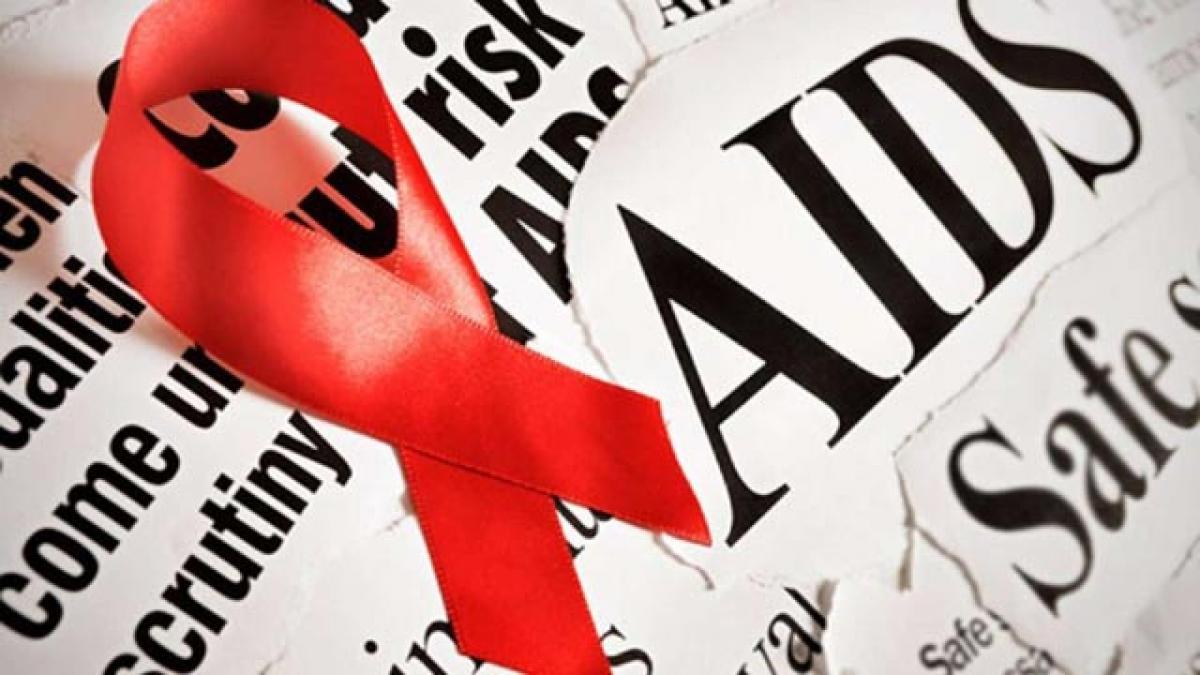Antibody that may combat HIV infection under trial

In a first study of its magnitude, researchers in the US aim to infuse an antibody into human immunodeficiency virus (HIV)-negative men and transgender individuals to determine whether it will prevent the infection from developing.
In a first study of its magnitude, researchers in the US aim to infuse an antibody into human immunodeficiency virus (HIV)-negative men and transgender individuals to determine whether it will prevent the infection from developing.
The Antibody Meditated Prevention (AMP) study led by an Indian-origin scientist aims to recruit a combined 2,700 HIV-negative men and transgender individuals whose sexual partners are men the highest-risk demographic for HIV infection -- to test the efficacy of antibody VRC01 in the large clinical trial.
"It is the first study of this magnitude to see whether an antibody infusion can help prevent new HIV infections. If it proves effective, it could potentially pave a way for developing a vaccine for HIV infection," said ShobhaSwaminathan, an infectious disease specialist from Rutgers University in New Jersey, US.
The VRC01 antibody was initially detected in an individual who was able to successfully control HIV infection without taking any medications for HIV. Further, in laboratory tests, VRC01 antibody has shown to be effective against 90 per cent of HIV-1 isolates that were tested, the researchers said.
Those enrolled will either be given intravenous infusions of VRC01 or a placebo every eight weeks for a total of 10 infusions. Participants will be closely monitored for approximately 22 months for safety and also to determine whether they have remained HIV-negative.
HIV continues to be a major global public health issue, though the rate of infection has fallen significantly in recent years. In 2014, gay and bisexual men accounted for an estimated 83 per cent of all new HIV infections among men in the US, according to the Centers for Disease Control (CDC).
Though the number of new HIV diagnoses fell 19 per cent from 2005 to 2014, certain demographic groups showed increases in the infection, CDC noted. "According to CDC estimates, only about 25 per cent of people who are HIV-positive have it under control," says Swaminathan.







